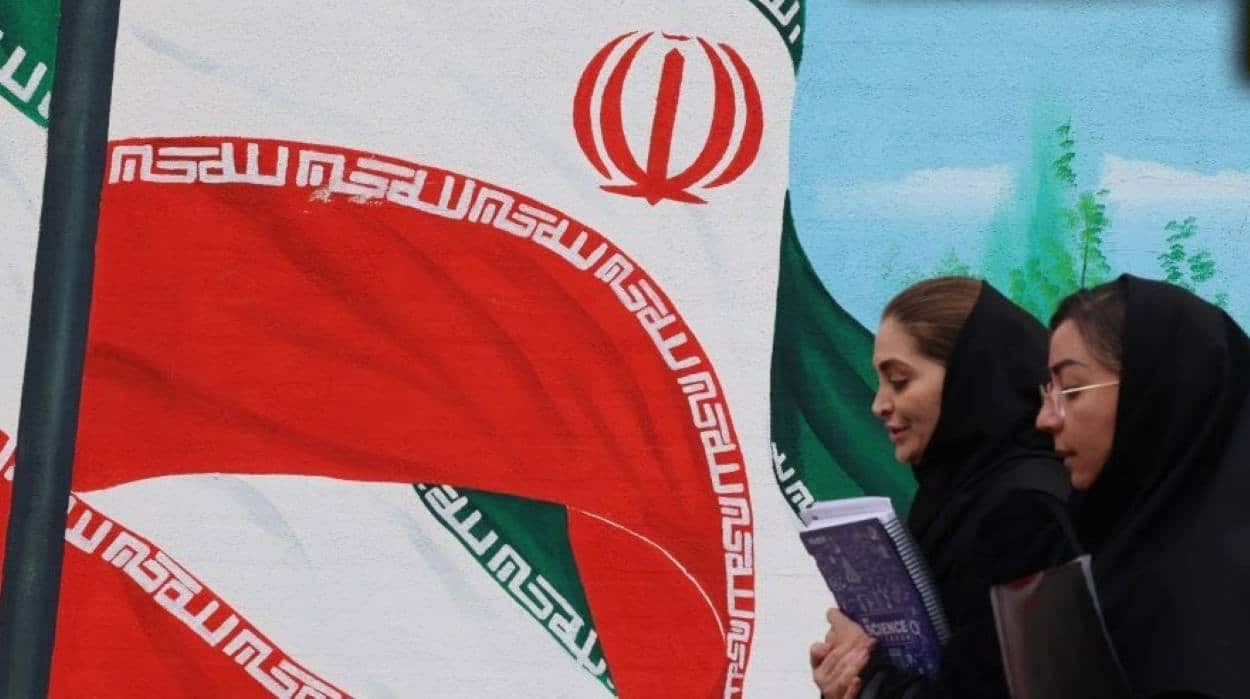On Wednesday, Iranian Vice President Mohammad Javad Zarif announced a pause in enforcing Iran’s strict Islamic dress code, a decision aimed at easing pressure on women. Since the Islamic revolution in 1979, which ended the reign of the US-backed Shah, Iran has mandated that women cover their heads and necks and dress modestly.
Speaking at the World Economic Forum in Davos, Zarif observed, “In Tehran’s streets, many women choose not to cover their hair, despite this being against the law. The government, however, has opted not to pressure women over this.”
Zarif noted that President Masoud Pezeshkian, with agreements from key officials, including the head of parliament and the judiciary, has not enforced this law. “We are progressing in the right direction,” he acknowledged, “It’s not sufficient, but it’s a positive step.”
In September 2023, Tehran passed the “Law on Supporting the Family through the Promotion of the Culture of Chastity and Hijab,” which enforces stricter penalties for women defying the mandatory hijab and introduces hefty fines and prison sentences for promoting ‘nudity’ or ‘indecency’.
Read: Iranian Singer Parastoo Ahmady Arrested for Performing in Concert Without Hijab
The bill, which had been slated for referral to Pezeshkian in December, faced his reservations due to its “ambiguities.” Earlier this month, government spokeswoman Fatemeh Mohajerani reported that the bill’s enforcement had been “delayed” to mitigate potential severe social impacts.
In late 2022, the death of 22-year-old Iranian Kurd Mahsa Amini in custody, after her arrest for allegedly violating the dress code, sparked widespread protests across Iran. The months-long unrest led to the deaths of hundreds, including many security personnel, and resulted in thousands of arrests.






